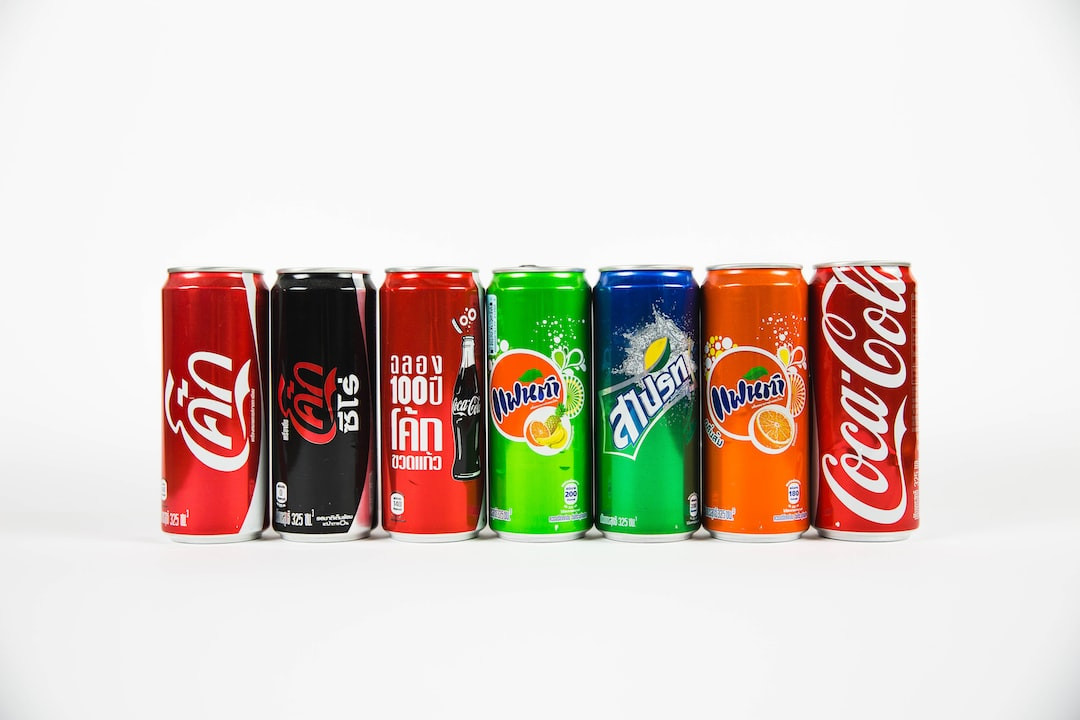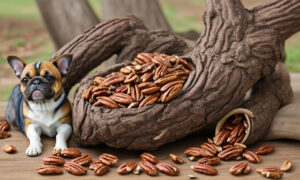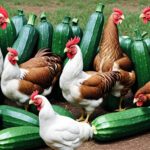In the world of dog ownership, providing the best diet for your furry friend is paramount. One question often arises: Can dogs eat honey? This sticky, sweet substance is loved by humans, but when it comes to our four-legged companions, caution and knowledge are key. As loving pet owners, we seek vet-approved treats for pups, and honey has sparked curiosity due to its natural origins and health benefits. In this comprehensive guide, we’ll take an in-depth look at honey as a sweet treat for dogs, giving you the vet’s advice you need to ensure your pup’s health and happiness.
Honey’s Place in a Dog’s Diet: What Vets Say
While honey is not a necessary item in your dog’s diet, it’s critical to understand its effects before deciding to introduce it as a treat.
The Nutritional Breakdown of Honey
Honey is a natural sugar with antioxidants, vitamins, and minerals that can potentially offer health benefits. However, its high sugar content can be a concern for dogs if overconsumed.
Pros: Potential Health Benefits of Honey for Dogs
- Natural Energy Source: Honey’s natural sugars can provide a quick energy boost.
- Antioxidant Properties: It contains antioxidants which can support overall health.
- Anti-Inflammatory Benefits: Honey is known for its anti-inflammatory effects.
- Allergy Relief: Some believe local honey can help dogs with allergies, though this is not conclusive.
Cons: Health Concerns and Risks
- Caloric Density: Honey is high in calories, which can contribute to weight gain.
- Sugar Content: Excessive sugar can lead to dental issues and diabetes.
- Puppy Risks: Puppies under one year should not consume honey due to the risk of botulism.
Understanding Safe Quantities: Honey as an Occasional Treat
Despite the potential benefits, honey should be given to dogs sparingly.
How Much Honey Can Your Dog Safely Consume?
- Small Dogs: A quarter teaspoon, a few times a week, is safe.
- Large Dogs: One teaspoon up to twice a week is generally acceptable.
Precautions for Dogs with Health Issues
Dogs with diabetes, obesity, or compromised immune systems should generally avoid honey. Always consult your vet before introducing new foods to your dog’s diet.
The Best Ways to Offer Honey to Your Dog
If you decide to give honey to your pup, ensure it’s done in a safe and responsible manner.
Simple and Safe Methods to Incorporate Honey
- Mixing with Food: Add a small amount of honey to your dog’s food.
- DIY Dog Treats: Create homemade treats using honey in moderation.
Ingredients to Avoid When Pairing Honey with Other Foods
- Chocolate: Toxic to dogs.
- Xylitol: A sugar substitute that is dangerous to canine health.
- Grapes and Raisins: Can lead to kidney failure in dogs.
Vet-Approved Sweet Treat Alternatives to Honey
If honey doesn’t seem like the right fit for your dog, plenty of healthy alternatives are both safe and appealing.
Natural Sweet Treats for Dogs
- Carrots – Low in calories and high in fiber.
- Blueberries – Packed with antioxidants.
- Apples (without seeds) – Great for dental health.
Benefits of Choosing Alternatives Over Honey
- Lower Calorie Options: Helps maintain a healthy weight for your dog.
- Dental Health: Solid fruits and veggies can help clean teeth.
- Less Risk of Allergies: Less likely to trigger allergic reactions.
The Do’s and Don’ts When Considering Honey for Your Dog
Do’s: Best Practices for Feeding Honey to Dogs
- Consult Your Vet: Before adding honey to your dog’s diet.
- Start Small: To monitor your dog’s reaction.
- Choose Raw, Organic Honey: For higher nutritional content.
Don’ts: Mistakes to Avoid with Honey and Dogs
- Overfeeding: Honey should only be an occasional treat.
- Ignoring Signs of Allergies: Watch for any adverse reactions.
- Offering Honey to Puppies: Due to the risk of botulism.
Conclusion: Balancing Sweetness with Safety in Your Dog’s Diet
In conclusion, honey can be a sweet addition to your dog’s diet when used judiciously and under veterinary guidance. The potential benefits, from natural energy to possible allergy relief, are intriguing. However, the risks associated with its high sugar content cannot be ignored, especially for dogs with existing health issues.
Balancing the sweetness of honey with safety for your pup is a delicate dance. Remember to treat honey like any other treat—sparingly and intentionally. With the plethora of vet-approved treats available, finding the perfect balance for your dog’s health and taste buds should be a joy rather than a cause for concern.
Though honey might occasionally brighten your pup’s mealtime, always prioritize their overall diet and wellbeing. A comprehensive, balanced diet tailored to their specific needs should remain the cornerstone of their nutritional intake. Keep the honey jar at arm’s length, and instead, treat your beloved canine companion to a world of flavorful, nutritionally rich alternatives and a spoonful of moderation.







